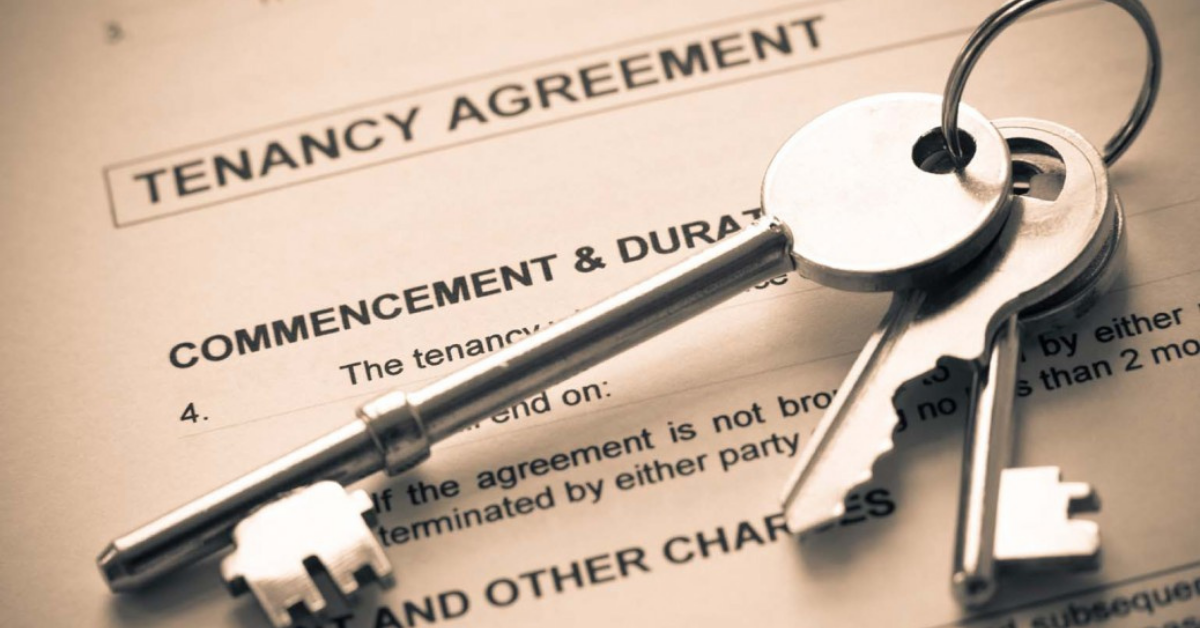What happens if a lessee fails to pay rent? Q&A with Atty. Rami Amer Hourani

Legal & Compliance
241 week ago — 6 min read
COVID-19 has left many Filipinos and businesses unable to pay rent. We interviewed Atty. Rami Hourani regarding your legal options as both a lessor and lessee if rent is left unpaid.
In our ‘Ask an Attorney - Q&A series’, we interview our Partner Lawyers regarding legal issues that are timely and relevant to you. The aim of this series is to provide you with legal guidance from our Partner Lawyers.
What happens if you cannot pay rent?
COVID-19 and its adverse impact in the economy have resulted in many jobless Filipinos and businesses with no, or substantially reduced, income. Many Filipinos and businesses are unable to pay their rent owing to a lack of regular income. While the Government has taken steps to protect lessees by prohibiting evictions and granting them a grace period to pay rent (read here), these steps only delay the payment of rent and do not completely absolve the lessee from paying rent.
Once the time inevitably comes for the lessee to pay rent, what will happen if the lessee fails to pay rent?
For this Q&A series, we interviewed Atty. Rami Hourani about your options (a) as a lessee if you cannot pay rent; and (b) as a lessor if your lessee fails to pay rent.
Q: I’m a lessee and I can't pay my lease this month, what options do I have?
Atty. Rami: The first thing you should do is look at the contract between you and your landlord. There will probably be provisions there that talk about what happens when a payment is missed. These will typically include either a fixed amount or a percent of rental unpaid as a penalty for a missed rental payment. Do this so you have an idea of what you could possibly be held accountable for. It might be a good idea also to figure out what is the common practice of your landlord/property management office regarding missed rentals.
It is prudent to reach out to your landlord and/or property management office to inform them of your inability to pay. If there is a good reason for why you cannot make rent that particular month, and you foresee that you will eventually be able to pay, it is possible to haggle that the amount that corresponds to that particular month be spread out over the coming months. They may even agree to forego the penalty because you came to them about the issue.
If you do not foresee that you will be able to make regular rental payments in the short term, it is a good idea to approach your landlord or property management office about this. There are a few routes you could take. You could pre-terminate the lease so that someone else could rent the property and your landlord would continue to be paid his rental. You could sublease a part or the whole property to someone else for them to make rent payments for you. The options available to you will depend on the kind of property, the contractual stipulations in your lease contract, and the temperament of your landlord.
Also read: 3 easy loan options to get additional funding for your business
It should be clear though that you have every reason to act first in this scenario. The penalties written into lease contracts are designed to add up fast so that, if need be, it is worthwhile to bring a collection case in court.
Q: I’m a lessor and my lessee is not paying rent. Do I have the right to remove the lessee and how should I do it?
Atty. Rami: It should be said at the start that what is ideal is that an amicable resolution be had that respects the rights of all parties involved. I would encourage you to consider speaking directly to the tenant about the payment. It is ideal that you reach a settlement without the intervention of lawyers. However, if it is clear that they will not be making the payment then you should take certain steps.
First, find the contract of lease. This is important because it will determine the extent of the remedies available to you. If you have a lawyer on retainer it is ideal if you set a meeting with him to go over your options. If you do not have one on retainer, Legal Tree can connect you with a Partner Lawyer specializing in lease disputes.
Also read: How to grow your business in the new normal
Second, after conferring with your lawyer you will likely be advised to send a demand letter. This is the action that needs to happen to begin the process of formally removing someone from a property that they lease. There are certain legal requirements that must be complied with for the demand letter to be considered “complete” so I suggest asking a lawyer to draw one up for you.
It is ideal that you reach a settlement without the intervention of lawyers.
Third, your lease contract may permit you to undertake certain actions unilaterally. This will depend on the provisions of your specific lease contract. This should underscore the importance of consulting a lawyer. Your lawyer will also take into consideration other factors such as the status of the property as residential/commercial and the total amount owed among others.
Need to consult Atty. Rami Hourani?
Atty. Rami Hourani is a lawyer based in Cebu City who specializes in the fields of commercial and labor law. He is solution-oriented and gives practical and commercial legal advice, being a businessman himself and a consultant to various business organizations. You can view Atty. Rami's profile here.
If you need to consult Atty. Rami, feel free to message me and I'll connect you with him right away.
To explore business opportunities, link with me by clicking on the 'Connect' button on my eBiz Card.
Disclaimer: The views and opinions expressed in this article are those of the author and do not necessarily reflect the views, official policy or position of GlobalLinker.
View Jason Rudolf 's profile
Most read this week
Trending












Comments
Share this content
Please login or Register to join the discussion